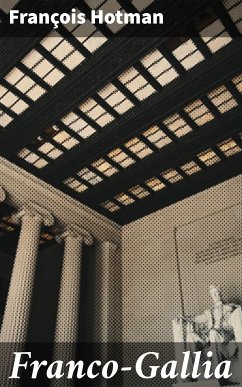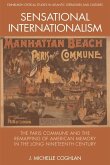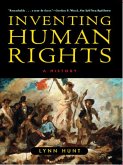In "Franco-Gallia," Franvßois Hotman presents a foundational work of political theory that explores the historical and constitutional evolution of France. Written in a style that merges legal argumentation with historical narrative, Hotman advocates for the sovereignty of the French people over the absolute authority of the crown. The text situates itself within the context of the sixteenth-century French Wars of Religion, reflecting the tensions between monarchy and emerging notions of popular sovereignty, and emphasizes the necessity of laws rooted in the principles of justice and reason rather than the arbitrary will of rulers. Franvßois Hotman, a prominent figure of the French Renaissance and staunch advocate of civil liberties, draws upon his background as a jurist and historian in crafting "Franco-Gallia." His experiences as a Protestant during a time of intense religious conflict informed his views on governance and justice, leading him to champion the rights of the people and the limits of monarchical power. Hotman's work is not merely a legal treatise; it is a passionate plea for a government that reflects the will of its citizenry. This compelling treatise is highly recommended for readers interested in political philosophy, constitutional law, and the historical foundations of modern democracy. "Franco-Gallia" serves as a critical text for anyone seeking to understand the interplay between authority and liberty, providing rich insights into the evolution of French political thought and its lasting impact on contemporary governance.
Dieser Download kann aus rechtlichen Gründen nur mit Rechnungsadresse in A, B, BG, CY, CZ, D, DK, EW, E, FIN, F, GR, H, IRL, I, LT, L, LR, M, NL, PL, P, R, S, SLO, SK ausgeliefert werden.









